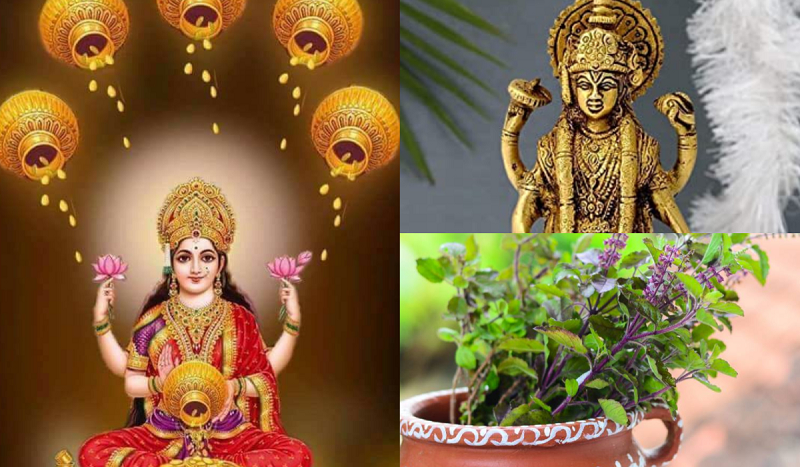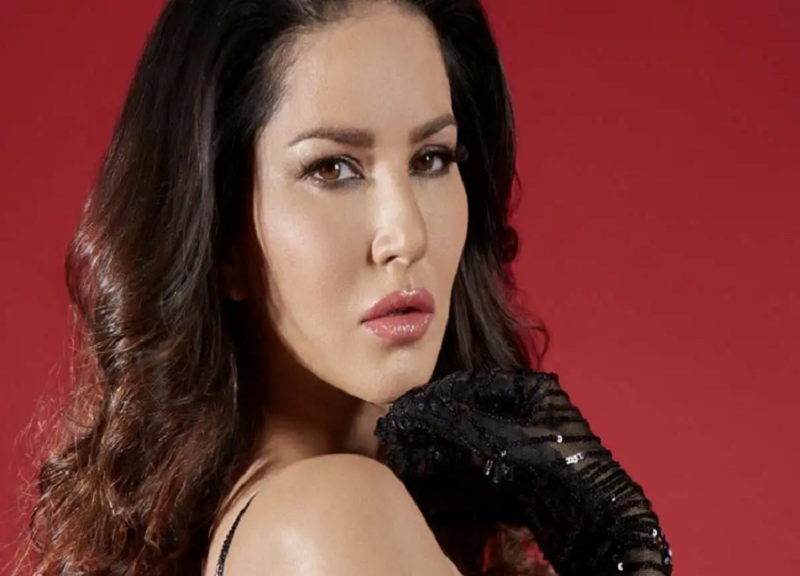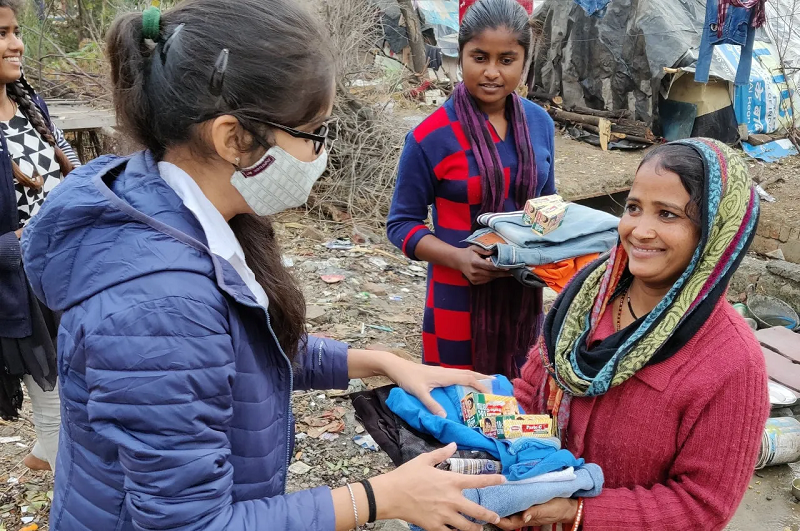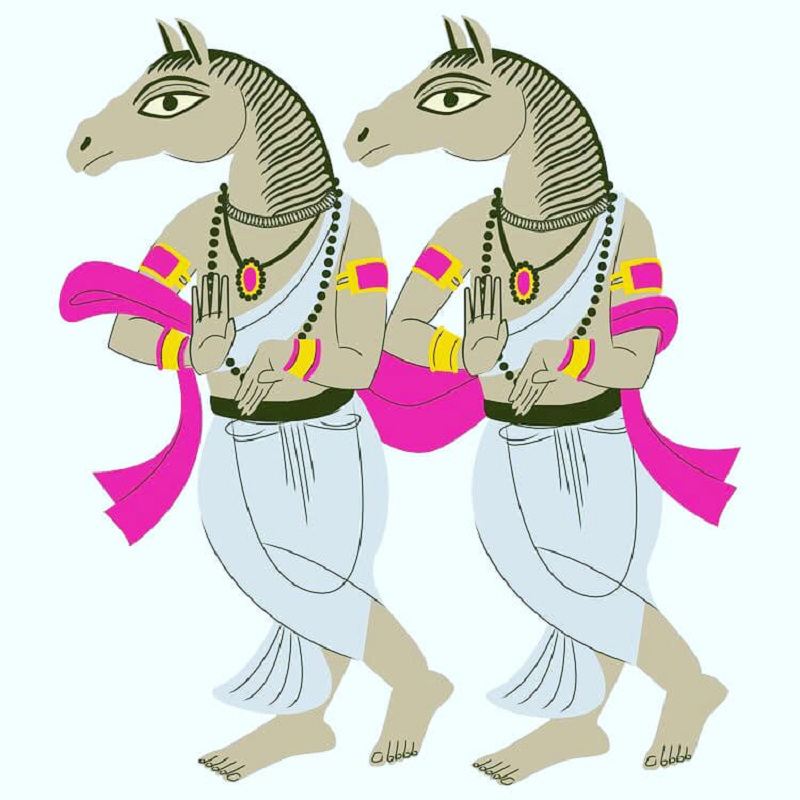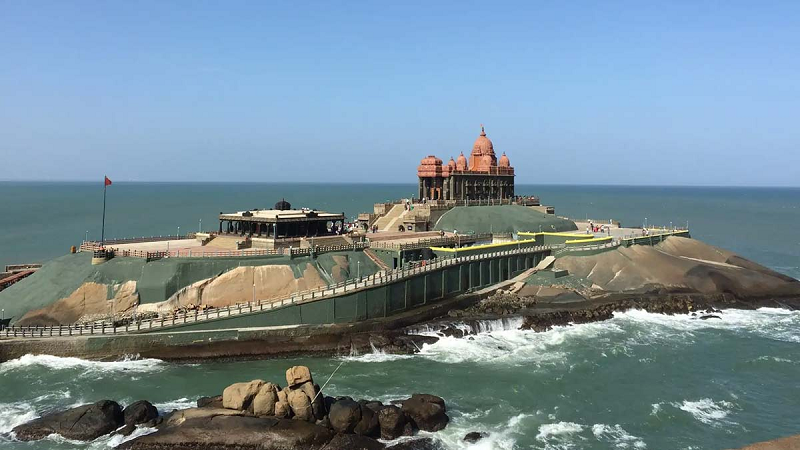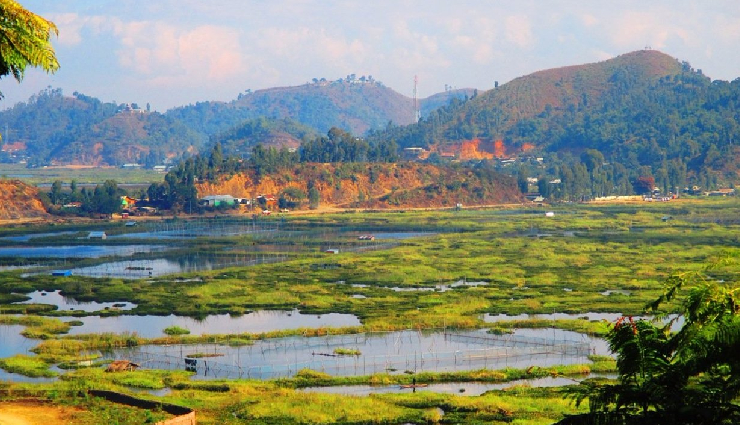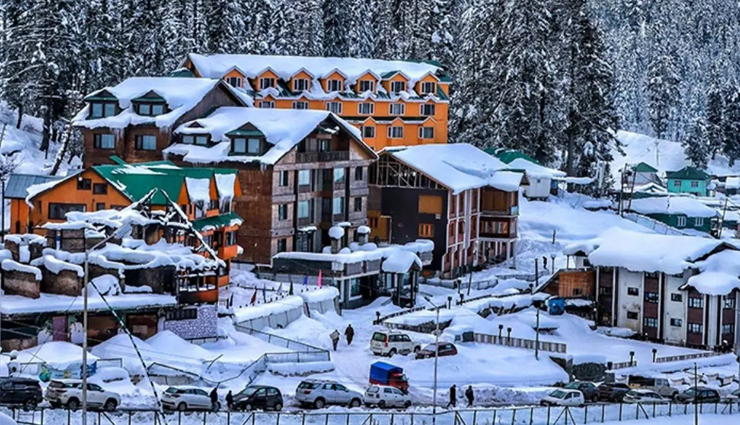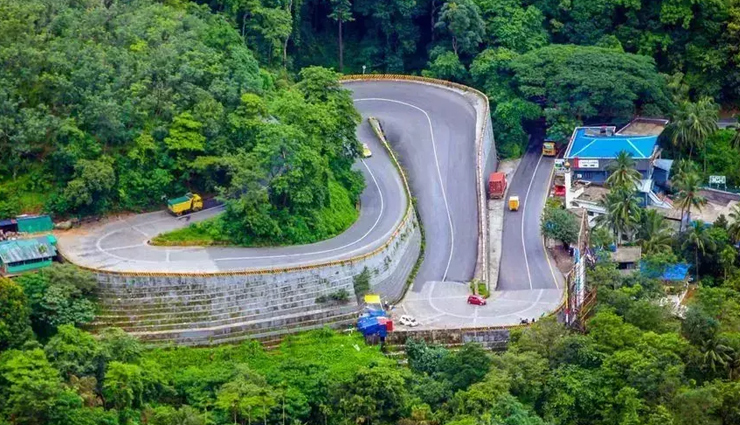India is known for its festivals where you get to see unique cultures in every part of the country. Festivals are a means to bring life into a state of gaiety and enthusiasm, without which life seems boring. Today in this episode we are going to talk about West Bengal which is called the land of festivals. The festivals of West Bengal include diverse cultures and traditions. Many festivals are celebrated in this state, some of which are organized with grand arrangements. These festivals offer a glimpse of ancient history and mesmerizing culture. Today in this episode we are going to tell you about those festivals which are considered festivals in West Bengal. Let's know about them...

Durga Puja
Durga Puja is a famous festival in West Bengal that is celebrated with great enthusiasm. Few festivals are so deeply attached to a place and Durga Puja in West Bengal is one such obvious festival that is known to all. Also known as Durga Pujo, Akalbodhan, Sharadiya Pujo, Mahapujo, or Mayer Pujo, the popular Hindu festival is marked by the arrival of Goddess Durga along with her progeny which includes Lord Shiva, Lord Ganesha, Goddess Saraswati, and Lord Kartikeya Are included. The last day of Durga Puja is marked by several rituals and ends with Sindoor Khela, followed by a procession of clay idols which are then immersed in the river. It is believed that on this day Durga returns to Shiva and hence it is considered an auspicious day for married women and they indulge in sindoor khela for their blissful married life. This elaborate festival is a true depiction of the grand celebration and enthusiasm among the people of West Bengal irrespective of caste or creed.
Dol Purnima
In West Bengal, the festival of Holi is celebrated as 'Dol Utsav'. Among the many festivals of West Bengal, this one is the most prominent. The festival of Holi in this state is famous by other names – 'Purna Purnima', 'Vasant Utsav', and 'Dol Yatra'. The festival was started in this state by the world famous poet Rabindranath Tagore at Visva Bharati University, of which he was a pioneer. The people of the state not only welcome the spring season with colors and sweets, but also with bhajans and other devotional songs.
Jamai Shashti
Jamai Shashti is a unique festival in West Bengal, which reflects the beautiful relationship of the son-in-law with his in-laws. It is celebrated on the sixth day of Shukla Paksha in the month of Jyestha (May or June). The traditional festival of Jamai Shashti lays the foundation of strong family bonds. On this special day, the son-in-law is welcomed by law; a Curd photo (tika) is applied to his forehead and a yellow thread, called Shashti Suto, is tied around his wrist. This special thread is dyed yellow with the help of turmeric and it is believed that Maa Shashti, who takes care of her children, has blessed this thread and hence will take care of her son-in-law as well. A feast is arranged for the son-in-law and while he eats a delicious course, the mother-in-law fans him with a palm leaf. It is a beautiful and distinctive festival of West Bengal that brings relatives closer and reflects the warmth of relationships.

Chariot Festival
It is the birthday celebration of Lord Jagannath, who on this day goes in his chariot to his maternal uncle's house and returns after a week. The most famous Rath Yatra of West Bengal is the Rath Yatra of Mahesh at Serampur. It attracts lakhs of tourists from across the state as well as the country. The day is considered very auspicious and marks the beginning of the sowing season for the monsoon crop across eastern India. Grand fairs are organized all over the state, which is called 'Rather Mela'.
Saraswati puja
Saraswati Puja is performed in West Bengal between January and February. Considered to be one of the unique festivals held in West Bengal, Saraswati Puja is celebrated on the homecoming of Goddess Saraswati. Also known as Vasant Panchami in the northern regions of the country, this festival is celebrated on the 5th day of the month of Magha. An auspicious occasion for things related to education and learning, the day holds special significance for Bengalis. For children to start their academic education, is considered to be an extremely fortunate occasion. During the Puja, the idols of Goddess Saraswati are well decorated and girls wear colorful dresses to pay obeisance to the Goddess.
Nabo borsho
Nabo Borsho is the Bengali New Year of the Bengali community. It is celebrated in the month of 'Baisakh' or in April. It is an occasion of extreme joy, especially for Bengalis and traders. It is a great time to visit temples and relatives, make offerings, buy new clothes, greet people, and much more.
Poila Baisakh
More colloquially known as Pohela, Poila Baisakh is the traditional New Year's Day celebrated every year on 14 April in West Bengal. The festival is celebrated with processions, fairs, family time, and traditional Bong food. Also known as Nabo Barsho, meaning New Year, it is celebrated as a state holiday and the people of West Bengal mark the day by taking a dip in rivers and worshiping Lakshmi and Ganesha. Apart from cleaning and decorating houses with Rangoli, people in West Bengal gather to offer prayers to the rising sun as it is considered auspicious. Bangla Sangeet Mela is organized by the government, and many professional and amateur singers, dancers, and theater artists participate in the fair.

Black worship
Kali Puja is one of the grand festivals of West Bengal after Durga Puja. The worship of Goddess Kali makes the festival of Diwali very unique in the state of West Bengal. Homes and temples across the state are vibrantly decorated and lit with oil lamps, candles, or 'diyas'. All the family members gather in the evening to burst crackers together during Kali Puja. Goddess Kali is worshiped during 'Amavasya'. 'Bhoot Chaturdashi' is performed a day before Kali Puja, when every Bengali household lights 14 diyas together and also takes 14 types of leafy vegetables. 'Bhoot Chaturdashi' is considered a powerful day for the spirits.


